Warning! 11 Medications You Should NEVER Pair with Your Morning Coffee
Advertisement
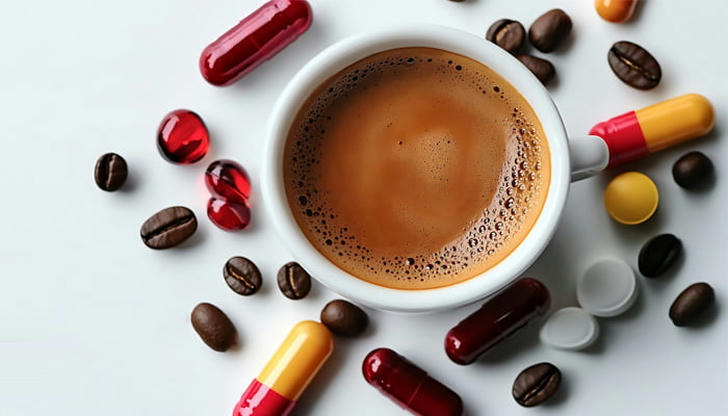
For many of us, there’s nothing quite like starting the day with a hot cup of coffee. The rich aroma, the warm sip—it's a ritual that awakens the senses. But did you know that your favorite morning pick-me-up could interfere with the medications you take? If you’re not careful, the combination of coffee and certain drugs can affect how they work in your body, reducing their effectiveness or even causing unexpected side effects.
Let’s dive into which medications don’t mix well with coffee and why you should be cautious about this common pairing.
1. OTC Cold and Allergy Medications

Nearly 75% of adults in the U.S. rely on over-the-counter cold and allergy medications to relieve symptoms. A common ingredient in these products is pseudoephedrine, a stimulant that works by constricting blood vessels in the nasal passages, helping to reduce swelling and congestion.
However, pseudoephedrine also stimulates the brain’s “fight or flight” response, which can make you feel anxious or jittery. When combined with coffee, which is also a stimulant, this effect can be amplified, leaving you feeling overly restless.
Popular cold and allergy medications like Sudafed and Mucinex contain pseudoephedrine, and it’s advised to avoid drinking coffee immediately before or after taking these meds. For the best results, it’s recommended to space out the two—taking the medication two hours before or four hours after your cup of coffee.
2. Antibiotics

Antibiotics are commonly prescribed to treat a wide range of infections, with over 230 million prescriptions written in the U.S. in 2022 alone, according to the CDC.
Some antibiotics, like ciprofloxacin (Cipro), which is often used to treat infections such as urinary tract infections, bladder infections, infectious diarrhea, and sinus infections, can interfere with how the body processes caffeine. This can result in higher levels of caffeine in the bloodstream.
Similar to cold and allergy medications, taking antibiotics like ciprofloxacin along with coffee can lead to unwanted side effects, including an accelerated heart rate and feelings of jitteriness. To avoid these effects, it’s advisable to space out the time between taking antibiotics and drinking coffee.
3. Thyroid Medication

If you're managing hypothyroidism with thyroid meds like levothyroxine, you should reconsider sipping coffee too soon after taking your pill. Coffee can slow down the absorption of thyroid hormone, making the medication less effective. In some cases, it can reduce the amount of medicine your body absorbs by over 50%, meaning your treatment may not be doing its job as well as it should.
4. Diabetes Medication
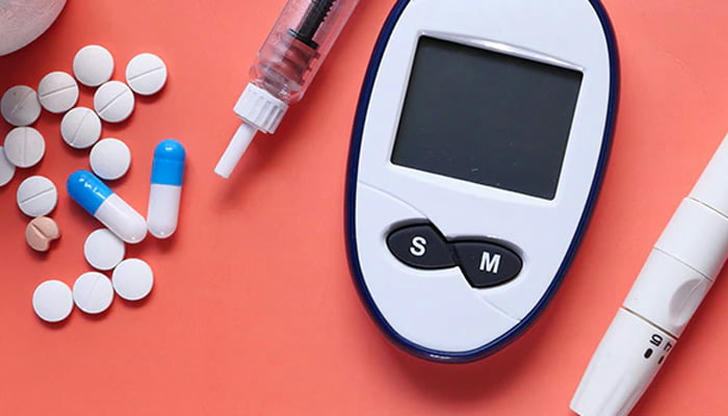
If you're managing diabetes, you already know how important it is to keep your blood sugar stable. But when you add sugar-laden coffee or even just a caffeine boost, your blood sugar could spike, making it harder to manage your condition. Some studies suggest that caffeine may interfere with insulin sensitivity, possibly leading to higher blood sugar levels over time. It’s best to enjoy your coffee separately from your diabetes medication.
5. Osteoporosis Medication
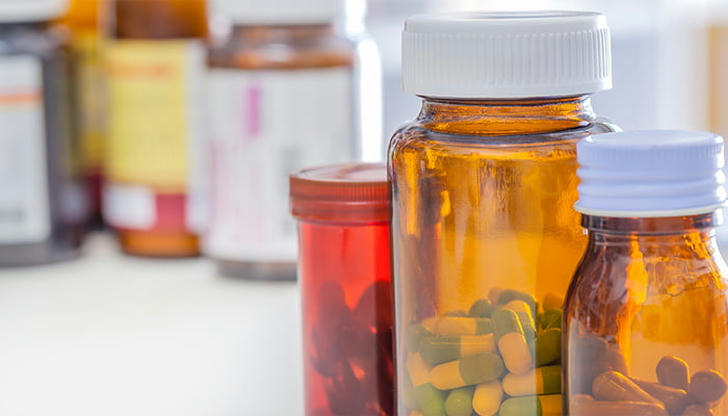
Osteoporosis medications like risedronate and ibandronate are essential for preventing bone fractures, especially in older women. But coffee can interfere with the absorption of these drugs, reducing their effectiveness. Experts recommend taking these pills with plain water and waiting at least 30 minutes before drinking anything else. Coffee could cut the medication’s impact by more than half if you don't time it right.
6. Alzheimer’s Medication
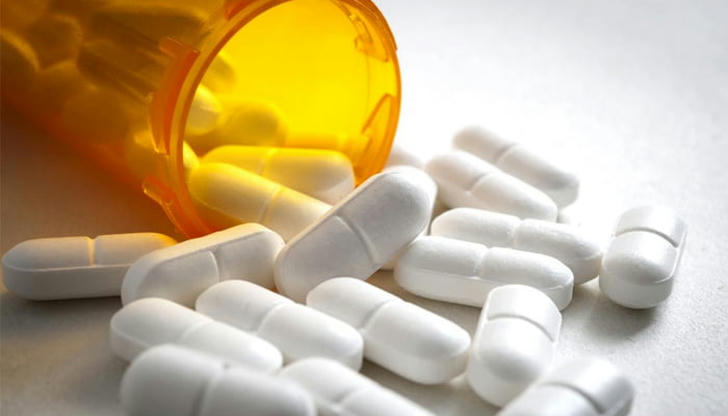
Alzheimer's disease can affect memory and cognitive function, and medications like donepezil and rivastigmine are used to protect brain function. However, caffeine can create a barrier in the brain, reducing the effectiveness of these medications. Drinking coffee while on these meds could make it harder for the drugs to reach the brain and do their protective work.
7. Asthma Medication
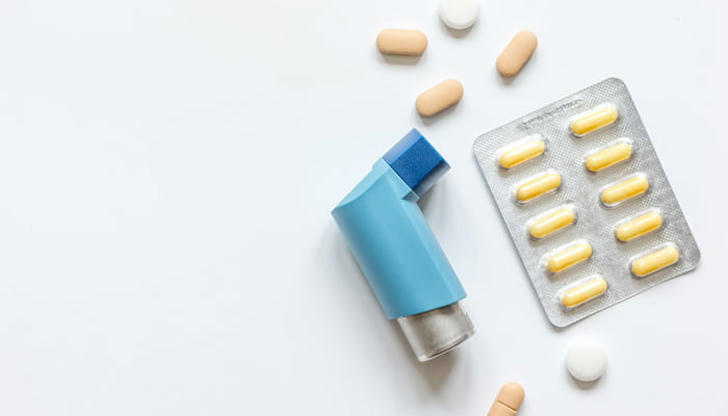
Bronchodilators like aminophylline and theophylline are often prescribed to people with asthma to help open up the airways and ease breathing. But caffeine, being a stimulant, can increase the chances of side effects like headaches and irritability. Not only can coffee worsen these symptoms, but it can also reduce how well the medication is absorbed, making it less effective when you need it most.
8. Blood Pressure Medication
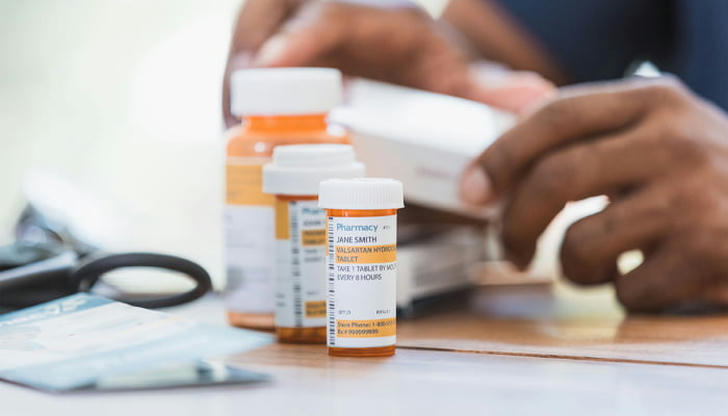
High blood pressure is a silent but dangerous condition, and medications like verapamil and propranolol help keep your heart rate steady. However, coffee can interfere with the absorption of blood pressure medications, reducing their ability to work. It’s important to separate your coffee time from your medication regimen to ensure your blood pressure stays under control.
9. Melatonin
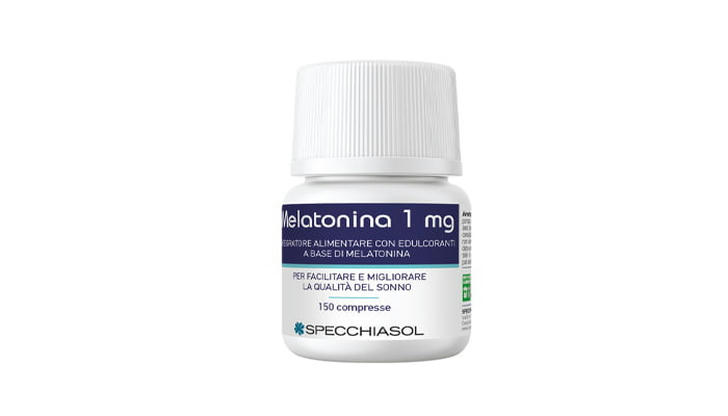
Melatonin is a hormone that helps regulate your sleep-wake cycle, and it’s commonly used as a sleep aid. But when you pair melatonin with caffeine, you’re essentially working against yourself. Coffee stimulates alertness, while melatonin signals the body to wind down. This can lead to a conflict in your system, making it harder for you to fall asleep and causing melatonin to lose its effectiveness.
10. Antidepressants
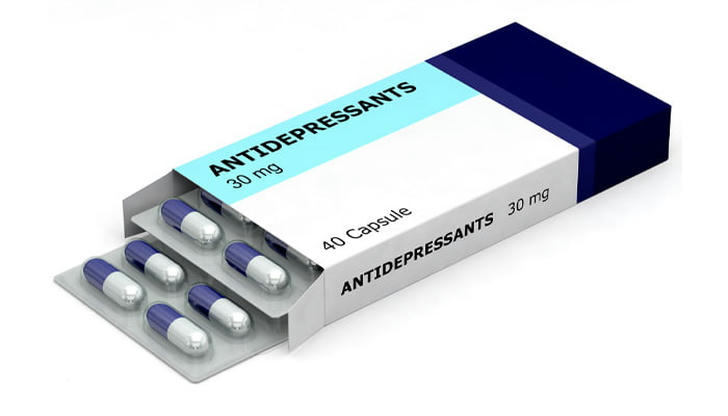
If you’re taking antidepressants like fluvoxamine, amitriptyline, or escitalopram, you should be cautious about mixing them with coffee. Studies show that coffee can alter how your body processes these drugs, potentially making them less effective. Additionally, large amounts of coffee may amplify the usual side effects of caffeine, such as insomnia or heart palpitations, making it harder to feel at ease.
11. Antipsychotic Medication
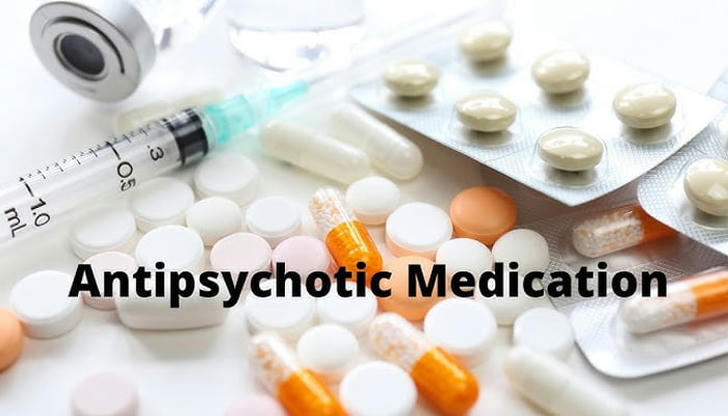
For individuals dealing with schizophrenia, bipolar disorder, or other mental health conditions, antipsychotic medications like clozapine or haloperidol are critical for maintaining mental stability. But coffee can interfere with how your body metabolizes these medications, meaning you might not get the full benefit. To ensure your medication works properly, it’s best to avoid drinking coffee at the same time.
If you’re taking any of these medications, it’s a good idea to space out your coffee consumption and medication schedule. If you're unsure about the best timing or experience side effects like restlessness, insomnia, or nervousness, it’s time to consult with your healthcare provider. They can help you strike the right balance between enjoying your coffee and ensuring your medications work as they should.
Remember, while coffee is a beloved part of many people’s daily routine, it’s important to be mindful of how it interacts with your health. Stay informed, and keep your doctor in the loop to make sure you’re getting the most out of your treatments without any unwanted surprises.
